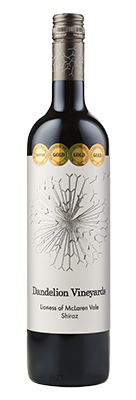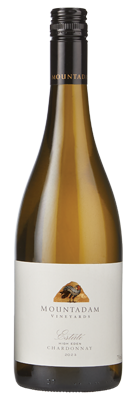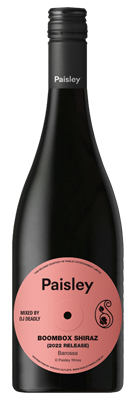Filter by
- A classic Aussie of flavour, and personality. Bonza in name and nature. More Golds for this vintage!$19.00 RRPfrom $12.99 when you mix 12+
- 8 Golds, Platinum, 95pts. "Very good drinking and exceptional value." (Halliday)$30.00 RRPfrom $27.99 when you mix 12+
- Another outstanding high altitude release from Mountadam with 94pts and a special value star.$40.00 RRPfrom $25.99 when you mix 12+
- Ripe, richly layered McLaren Vale Cabernet Sauvignon from our No. 1 'family' range – The Black Pig!$28.00 RRPfrom $16.99 when you mix 12+
- Freshly-landed Trophy-winning new 2025 Fiano that won a Trophy and Top Gold last year on debut too.$18.00 RRPfrom $11.99 when you mix 12+
- Ideal celebration vintage fizz from the Adelaide Hills – bright and fresh fruit and a slight blush.$32.00 RRP$25.99 when you mix 12+
- A long-time favourite Cabernet, this year using fruit from Langhorne Creek & Coonawarra.$22.00 RRPfrom $14.99 when you mix 12+
- Save 60% on a very special, lavish ‘one-off’ Shiraz in honour of the Pig family’s 15th Anniversary.$50.00 RRPfrom $19.99 when you mix 12+
- Multi Gold-winning Barossa Shiraz from always impressive Elena Brooks.$40.00 RRPfrom $29.99 when you mix 12+
- $18.00 RRPfrom $12.99 when you mix 12+
- NEW from Durif devotee, Sam Trimboli with 2 Golds, a Trophy – and all the finesse you'd expect!$18.00 RRPfrom $12.99 when you mix 12+
- Johnny Q's latest Shiraz is down to earth and full of character – plus – well, UMPF!$18.00 RRPfrom $12.99 when you mix 12+
- A rich and very attractive and exclusive, Gold-medal Limited Release McLaren Vale Shiraz.$25.00 RRPfrom $14.99 when you mix 12+
- Big brother to bestseller Cabalié, an opulent black red with a punch of concentrated old-vine fruit.$30.00 RRPfrom $19.99 when you mix 12+
- Gold, 95pt McLaren Vale Shiraz beauty with high scores aplenty –"fabulously drinkable.” (Wine Orbit)$55.00 RRPfrom $49.99 when you mix 12+
- Outstanding, exclusive Shiraz with Double Gold, from multi award-winning winemaker, Michael Fragos.$42.00 RRP$23.99 when you mix 12+
- Sicily's ‘earthquake red’ – a rich, barrel-aged Sicilian red with a great back story!$27.00 RRPfrom $18.99 when you mix 12+
- Irresistible bright peach fruit in this tasty Chardonnay Pinot Grigio from Sam Trimboli$18.00 RRPfrom $11.99 when you mix 12+
- An exhilaratingly fresh, exclusive crafted by James Macdonald of Marlborough’s Hunter’s Wines.$25.00 RRPfrom $18.99 when you mix 12+
- $18.00 RRP$11.99 when you mix 12+
- Reserve Shiraz from the popular Yarrunga Field label now made by its original maker, Sam Trimboli.$18.00 RRPfrom $11.99 when you mix 12+
- Find out why silky, Italian charmer, Il Papavero is our most reordered red of all time!$22.00 RRPfrom $15.99 when you mix 12+
- You'd have to go a long way to find a zippier Pinot Grigio than 30 Mile from the brilliant Johnny Q.$18.00 RRPfrom $16.99 when you mix 12+
- 93pt Barossa Valley Shiraz with "gobs of ripe blackberry... Plenty of Value here. 92pts" (Halliday)$25.00 RRPfrom $21.99 when you mix 12+





























